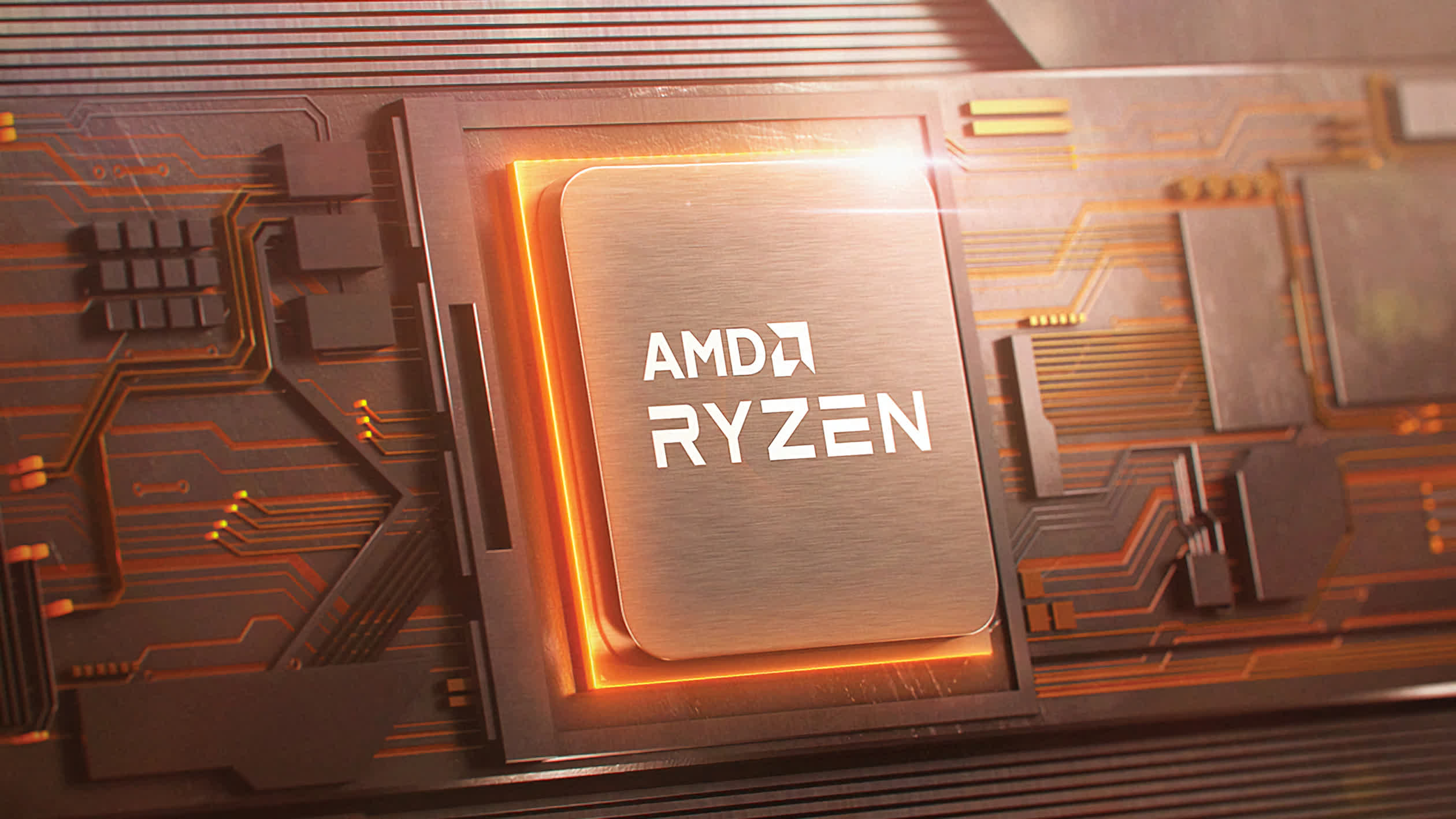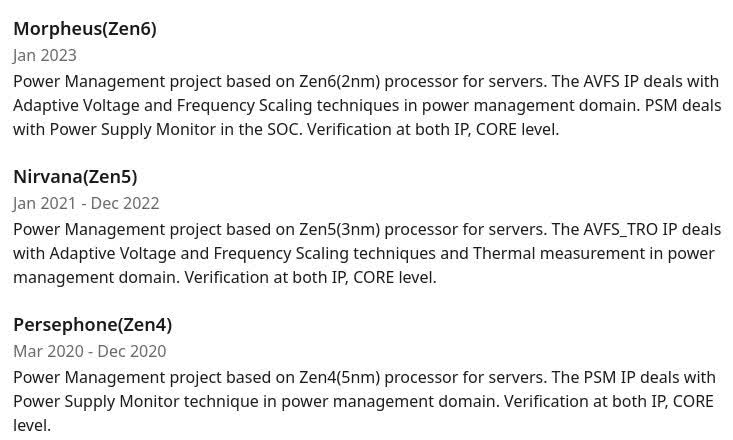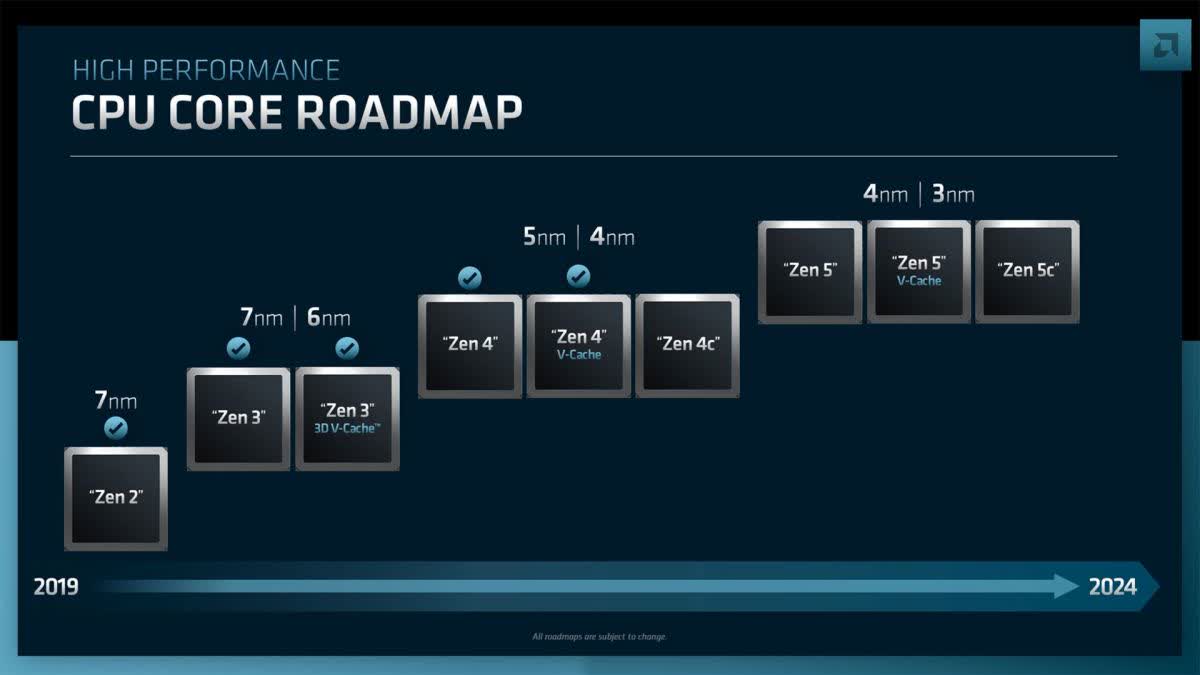What just happened? AMD's Zen 5 CPUs aren't arriving until next year, but we're already hearing details about its successor, Zen 6, including its core codename and process node. The information comes from an AMD engineer's LinkedIn profile, so it's likely a lot more accurate than a random leaker's tweet.
Md Zaheer, Senior Silicon Design Engineer at AMD, wrote in his LinkedIn profile that he has worked on the power management of Zen 4 (2020), Zen 5 (2021 - 2022), and Zen 6 (2023) processors, posting their codenames and process nodes. The engineer has since changed these names to AMD1, AMD2, and AMD3, but not before Twitter user Maraux David captured a screenshot and posted it in a now-deleted tweet.
AMD has already revealed in its roadmaps that Zen5 will use the 4nm/3nm process nodes and expects to launch its next architecture in 2024. Zaheer revealed that Zen 5 cores are internally known as Nirvana and writes that it will be based on the 3nm process.
As for Zen 6, the post revealed that it would come from the 2nm process node, and its cores are codenamed Morpheus, a codename Sony used for its VR headset before it became the PlayStation VR.
There's no indication that AMD will stick with TSMC for its future Zen chips, but the Taiwanese giant did say last year that its N2 (2nm) node would go into pre-production in 2024 before entering full production in 2025. The process will be TSMC's first to switch from FinFET to a gate-all-around (GAA) design using nanosheets and it will add backside power rails in a future version of N2. It appears that Zen 6 won't arrive until at least 2025, which is when support for the AM5 socket ends.
In September, reports claimed that AMD CEO Lisa Su and other executives planned to meet with TSMC to negotiate production plans for 3nm and 2nm nodes, suggesting that the company is staying with its manufacturing partner.
As for Zen 5, Jim Keller, who spearheaded the development of AMD's Zen CPU architecture and is now CEO of AI hardware firm Tenstorrent, last week talked about the massive performance gains he predicts Zen 5 will offer over Zen 4. He said the next-gen architecture would be 30 percent faster than Zen 4 in integer workloads and be significantly more power efficient. We'll have to wait until the second half of next year to find out if Zen 5 lives up to the hype.


